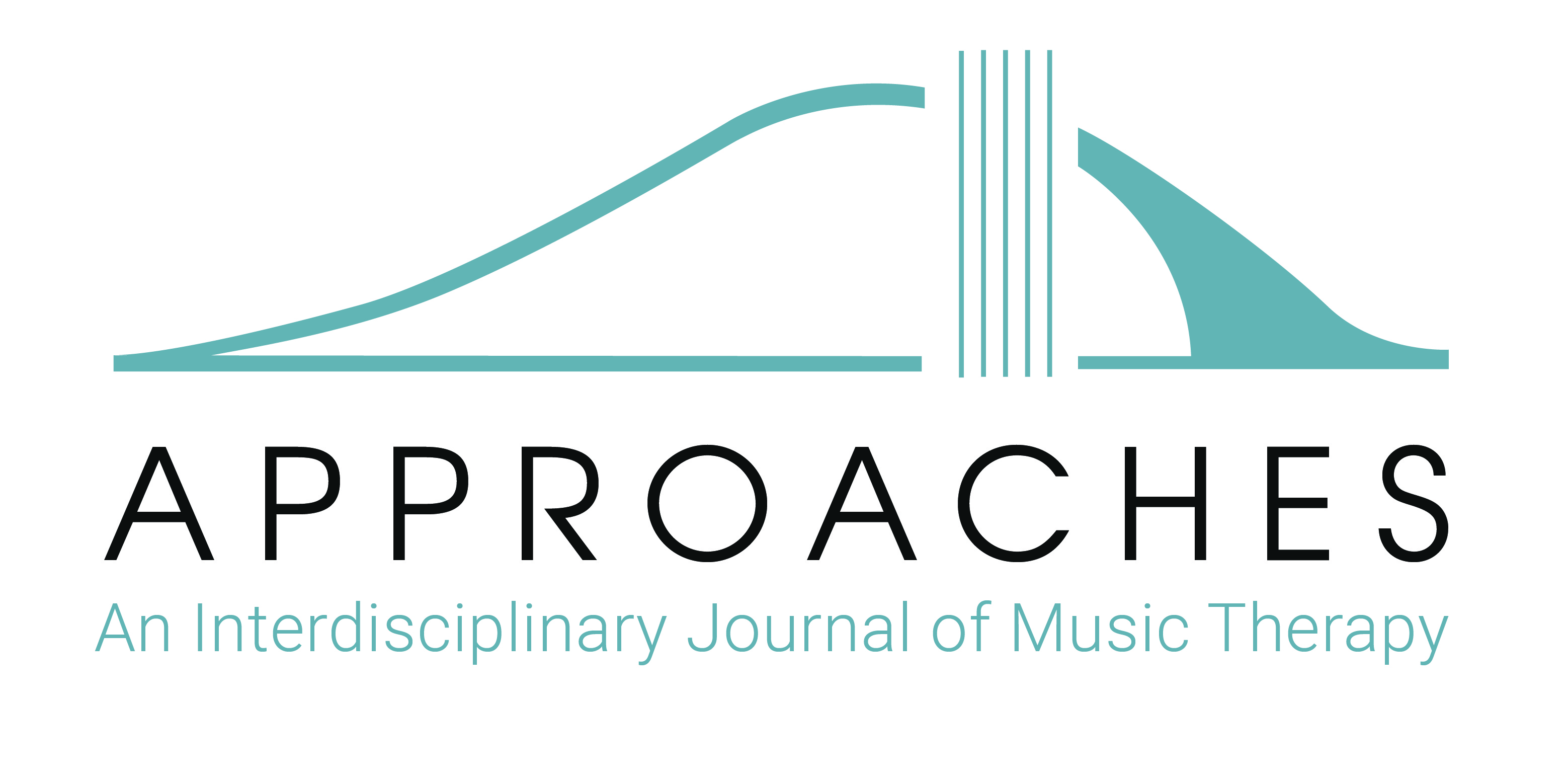Ειδικό Τεύχος 11 (1) 2019 “Διερευνώντας το πνευματικό στη μουσική: Διεπιστημονικοί διάλογοι στη μουσική, την ευεξία και την εκπαίδευση” – Άρθρο (πρωτοδημοσιεύτηκε στις 24 Νοεμβρίου 2019)
Finding God in the intuitive: Reclaiming the therapist’s spirituality
Adam Kishtainy
University of the West of England; Avon and Wiltshire Mental Health Partnership (NHS), UK
ABSTRACT
This article presents a selection of case studies exploring the theme of music and spirituality and offers a theoretical frame for clinical practice. I intend to draw a direct link between my own spirituality (Christian) and the role of the intuitive in the therapeutic process, inviting the reader to re-frame the article within their own world view. Recent research has highlighted the relative sparsity of published material related to the role of a therapist’s spirituality in the therapeutic relationship. This may be due to a number of factors, not least that most therapists are operating within secular contexts and theoretical frameworks, and are likely to experience resistance or even dismissal if their personal spiritual beliefs are explicitly expressed within their practice. Similarly, a definition of intuition within a robust theoretical framework has proven to be evasive. The very nature of intuition (and indeed spirituality) creates a bias away from the evidence-based practice that is held in such high esteem through most therapeutic disciplines. In this article, I propose a framework for therapeutic practice that gives permission for the therapist to embrace their spiritual belief system as an essential core of their clinical work. I build my discussion on a definition of spirituality that implies an external divine being (God) who can be in relationship with the therapist and client. From this basis I suggest that moments of intuition need not be seen as mysterious and inexplicable, but rather as the influence of the divine.
KEYWORDS
music, therapy, spirituality, God, intuition, healing
AUTHOR BIOGRAPHY
Adam Kishtainy is currently Associate Lecturer on the MA Music Therapy programme at the University of the West of England, Music Psychotherapist at Avon and Wiltshire Mental Health Partnership, and clinical supervisor in private practice. Previously he has worked at Children’s Hospice South West as music therapist and chaplain, as a church pastor in a local church, and in areas including prisons and looked after children. The work discussed in this article was completed in his own time and does not necessarily reflect the views of the organisations mentioned. [adam.kishtainy@uwe.ac.uk]
Ελληνική περίληψη | Greek abstract
Βρίσκοντας τον Θεό στο διαισθητικό: Ανακτώντας την πνευματικότητα των θεραπευτών
ΠΕΡΙΛΗΨΗ
Το άρθρο αυτό παρουσιάζει μια σειρά μελετών περίπτωσης που διερευνούν το θέμα της μουσικής και της πνευματικότητας, και προσφέρει ένα θεωρητικό πλαίσιο για την κλινική πρακτική. Στόχος μου είναι να δημιουργήσω μια άμεση σύνδεση μεταξύ της δικής μου (Χριστιανικής) πνευματικότητας και του ρόλου του διαισθητικού στη θεραπευτική διαδικασία, προσκαλώντας τον αναγνώστη να αναπλαισιώσει το άρθρο μέσα από την προσωπική του κοσμοθεώρηση. Πρόσφατη έρευνα έχει επισημάνει τη σχετική έλλειψη δημοσιευμένου υλικού σχετικού με τον ρόλο της πνευματικότητας του θεραπευτή στη θεραπευτική σχέση. Αυτή η έλλειψη μπορεί να οφείλεται σε διάφορους παράγοντες, κυρίως δε επειδή οι περισσότεροι θεραπευτές λειτουργούν μέσα σε κοσμικά περιβάλλοντα και θεωρητικά πλαίσια, και είναι πιθανό να βιώσουν αντιστάσεις ή ακόμα και την απόρριψη εάν οι προσωπικές πνευματικές τους πεποιθήσεις εκφραστούν ανοιχτά στην πρακτική τους. Με παρόμοιο τρόπο, ο ορισμός της διαίσθησης έχει αποδειχθεί υπεκφεύγων εντός ενός ισχυρού θεωρητικού πλαισίου. Η ίδια η φύση της διαίσθησης (και μάλιστα της πνευματικότητας) δημιουργεί μια τάση απομάκρυνσης από την τεκμηριωμένη πρακτική η οποία χαίρει τόσο μεγάλης εκτίμησης στα περισσότερα θεραπευτικά πεδία. Σε αυτό το άρθρο προτείνω ένα πλαίσιο θεραπευτικής πρακτικής που επιτρέπει στους θεραπευτές να αγκαλιάσουν το σύστημα πνευματικών τους πεποιθήσεων ως βασικό πυρήνα του κλινικού τους έργου. Η συζήτησή μου βασίζεται σε έναν ορισμό της πνευματικότητας που υποδηλώνει την παρουσία ενός εξωτερικού θείου όντος (του Θεού) το οποίο μπορεί να σχετίζεται με τον θεραπευτή και τον πελάτη. Από αυτή τη βάση προτείνω ότι οι στιγμές της διαίσθησης δεν χρειάζεται να θεωρούνται μυστήριες και ανεξήγητες, αλλά επιρροές του θεϊκού.
ΛΕΞΕΙΣ ΚΛΕΙΔΙΑ
μουσική, θεραπεία, πνευματικότητα, Θεός, διαίσθηση [intuition], ίαση [healing]
